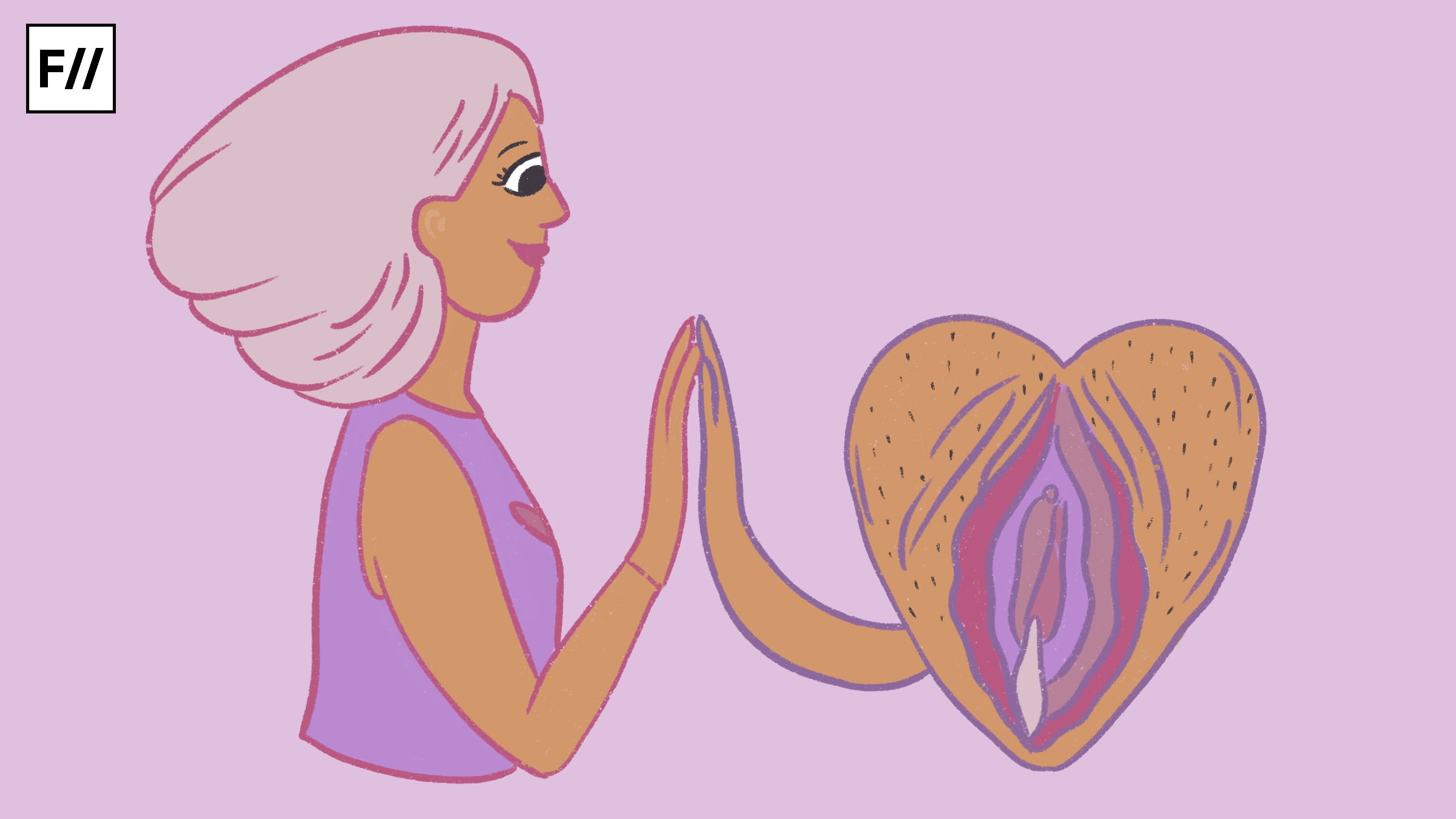In a society obsessed with maintaining the secrecy of menstruation, the very absence of it post-puberty is certainly an unimaginable end of the world. Nonetheless, while we at a social level have begun to talk about the natural phenomenon to an extent, it is about time that we also get familiar and comfortable with the concept that there are women who do not menstruate at all. There may be several reasons for it, and one such cause is uterine hypoplasia. It is a condition where the uterus is literally infantile or diminutive in size, thereby putting menstruation out of the question altogether.
Demystifying Uterine Hypoplasia
For starters, having an infantile uterus is not scary at all. It is just a condition which, in many cases, is prevalent by birth. Generally, it comes into notice when the menstrual cycle does not commence even after hitting the age of puberty. However, it does not make you feel or even appear any different than those without the condition.
A hypoplastic uterus also does not imply any hindrance in having a healthy sexual life.
It is worthwhile mentioning that besides getting periods and birthing, there is nothing which a woman with hypoplastic uterus cannot do. In fact, the women who have this condition feel entirely fine and are able to carry out their day to day functions competently. Interestingly, a hypoplastic uterus also does not imply any hindrance in having a healthy sexual life.
Why Do We Even Need To Hide It?
Despite the above factors, the major cause behind the stigma intertwined with this condition is infertility. In an increasingly progressive world, we still blindly couple the idea of womanhood with child birth. The whole idea of seeking the feminine wholeness in the realm of procreation may be significant for many, but it also needs to be questioned in some instances.
It cannot be denied that infertile women are looked at differently even today. Not only are they considered utterly unfit to participate in the matrimonial market, but they are also dehumanised to a large extent. If nothing else, these women end up getting subjected to recurrent pity parties. Yes, many a times, the aforesaid regressive reactions and responses to this condition are not out rightly visible, but they certainly do not go unnoticed.
Also read: Beti Bachao, Beti Padhao Fails To Address The Stigma Against Girls
While menstruation is conveniently labeled as something to be hidden, the lack of it is dealt with even more secrecy as it wide opens a lot of doors to stereotypes and judgements. A common exemplar of this is the fact that most of us have been entirely unaware of this biological scenario.
As we outwardly pretend to be oblivious to the fact that menstruation is a real thing, we certainly know and subliminally normalise that each and every woman out there menstruates every month after reaching puberty and before, of course, menopause. But, what if they do not? Moreover, what is wrong if they do not? This brings us to another broader question – from menstruation to the very lack of it, why we, as a society, are obsessed to shove female sexuality and bodily processes behind a veil?
Internalisation Of Norms
The shame associated with infertility only reflects the prevalence of archaic patriarchal laws in our lives. It, in fact, disseminates the idea that the only significant role of women in the society is to give birth, and the one who is not able to do so is automatically an anomaly.
In order to generate a sense of self- acceptance among women, it is imperative that the social layers are removed from their identity.
“I remember living in a shared apartment. Every time my roommate used to ask me for a sanitary napkin, I had to come up with a different excuse. I even went on to buy a whole pack of it, just to make things look fine. I was terrified she would actually notice someday. But, what I failed to realize was that there would be absolutely no consequences even if she got to know.”
As one of my friends unfolded her narrative, I was able to see the fact that even women have been conditioned to see themselves in a particular way. At this stage of oppression, they indeed begin believing in the frivolous schema. As a matter of fact, in order to generate a sense of self- acceptance among women, it is imperative that the social layers are removed from their identity.
We Need The Right Kind Of Support And Attitude
The hardships faced by the infertile women have actually been invisiblised hitherto. In a society which claims to be ‘free’, such regressive guidelines have no place to be. From a sense of social isolation to a low self esteem, women with ‘naïve uterus’ undergo a lot of challenges due to the stereotypes and stigma associated with it.
Also read: How To Support A Loved One With Multiple Sclerosis
However, with the right kind of support, these issues can be dealt with effectively. After all, infertility is neither something to be disgusted about, nor is it something to be sorry about.
Featured Image Source: Shutterstock




